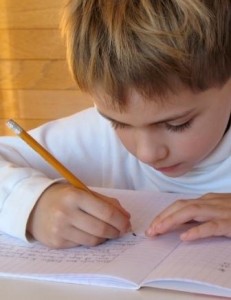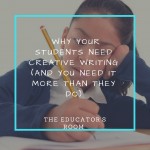 It’s no secret that writers are readers. Anne Lamott, American novelist and non-fiction writer, said “What a miracle it is that out of these small, flat rigid squares of paper unfolds world after world after world, worlds that sing to you, comfort and quiet or excite you. Books help us understand who we are and how we are to behave. They show us what community and friendship mean; they show us how to live and die.”
It’s no secret that writers are readers. Anne Lamott, American novelist and non-fiction writer, said “What a miracle it is that out of these small, flat rigid squares of paper unfolds world after world after world, worlds that sing to you, comfort and quiet or excite you. Books help us understand who we are and how we are to behave. They show us what community and friendship mean; they show us how to live and die.”
Growing up, books were my saving grace. I devoured them. When I was lonely (more often than not) I read. When I was hurting (most of the time) I read. When I was trying to push back present happenings (everyday) I read. I loved going to school and couldn’t wait for reading groups. Reading came easily for me and this love of reading eventually led me to a love of writing.
Needless to say, when I became a teacher it was very important for me to introduce not only reading, but the second given component of writing. Students must understand the way our language works though in order to be able to write properly.
Enter the old-fashioned idea of parts of speech.
I begin every year with nouns and verbs. The first day of school, at carpet time, no holds barred. If I expect my students to be able to use their spelling and vocabulary words correctly they must understand how to write sentences. First and second graders can verbally use words in sentences, but when told to write sentences on their own there is a problem. I introduce nouns as our ‘who’ words and verbs as our ‘did what’ words. I write each student’s name on a card, choose the same amount of actions and write them on cards, put them into buckets and start the fun.
I have a ‘who’ column and a ‘did what’ column written on our board and as each child chooses a card I have them sort it into the appropriate column. At the end of the activity I show them how to pair a ‘who’ word with a ‘did what’ word and explain that it makes a complete sentence. I then have each child act out the action that they chose to go with their name. Needless to the say, the kids love these silly sentences and since an goofy action has been paired with the activity the lesson really sticks with them.
We do this activity at carpet time every day for the next few days, changing up the ‘who’ words and the ‘did what’ words. Once I am confident that the concept has stuck, we begin sorting through their spelling words and repeating the same activity. Light bulbs show up above heads, which makes me one happy teacher!
The next week, I actually have the kids write sentences with their spelling words. We first categorize them into ‘who’ and ‘did what’ words. This makes it very easy for the kids to write silly sentences with them, or some will even venture out on their own and find other ‘did what’ words to go with a ‘who’ spelling word. Once I think everyone feels comfortable with the idea of writing complete sentences I change the language of ‘who’ words into ‘nouns’ and ‘did what’ words into verbs, explaining what they have already discovered on their own: a noun names a person, place or thing and a verb is an action.
Once these basics are established, we move right on into ‘describing words’ (adjectives and adverbs) and ‘where words’ (prepositions and prepositional phrases). My kids actively use these skills from the first month of school until the end of the year, cranking out paragraphs during our creative writing time.
Kids are crazy imaginative, but they must be given the right tools to use in order to get that brilliant imagination down on paper. What techniques do you use to help your students become better writers?



